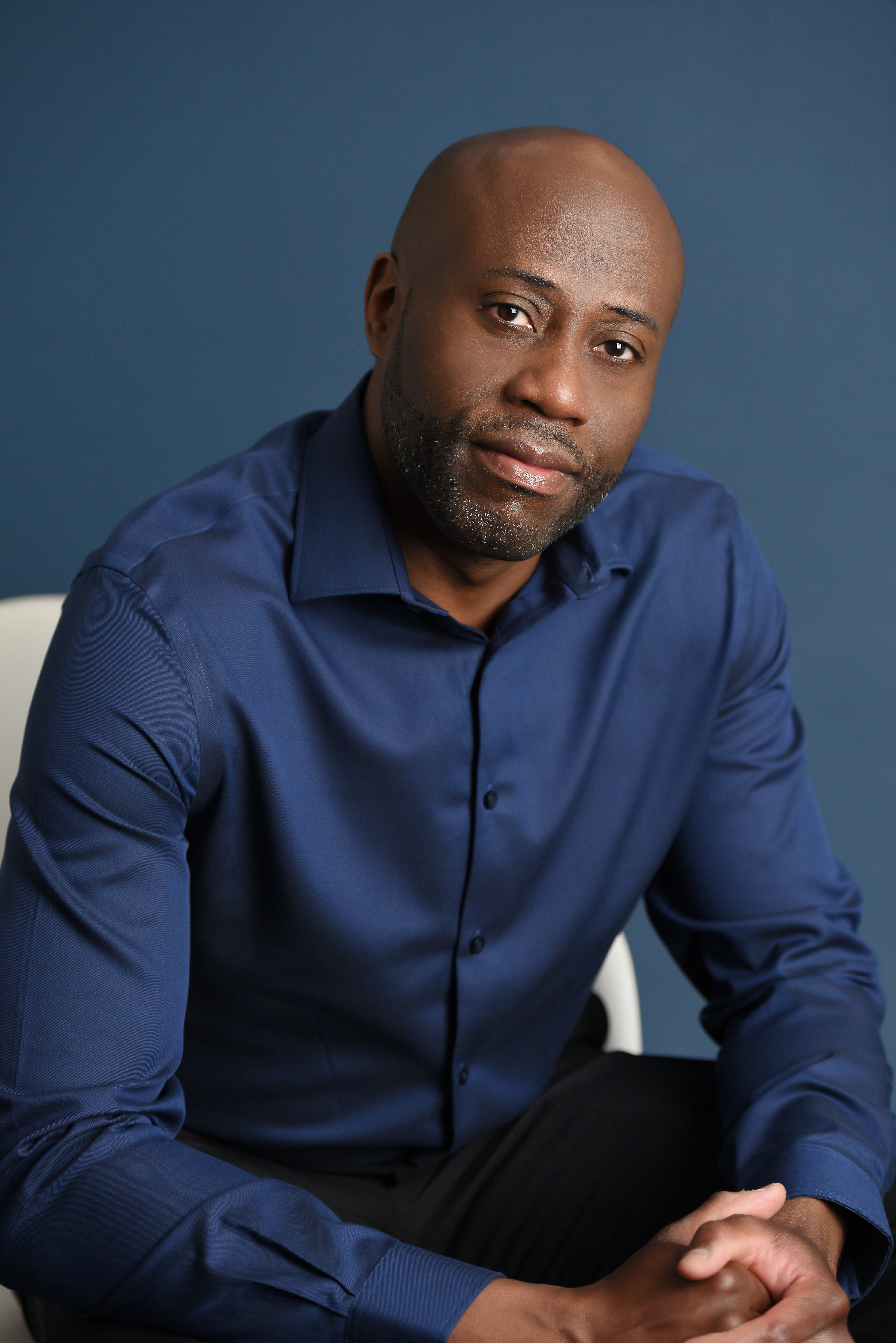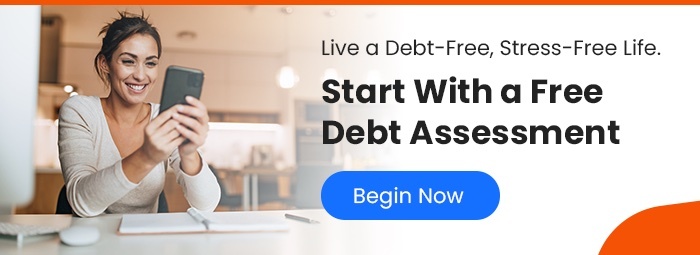
Paying off debt is a lot like working off weight. It takes willpower, hard work, and patience. So when someone tries a quick fix to eliminate debt, it often leads them right back into trouble because they haven’t gotten to the root of their problem. (Think about it: How often is a crash diet successful? It may work in the short-term, but before you know it the weight is back on...and then some!)
So with that said, here is my foolproof plan to get you out of debt the right way—so you can stay out of debt for good!
Put Away Your Credit Cards
When someone tells me they’re in debt, I’ll often ask if they’re still using their credit cards. Oftentimes, the answer is yes. My response? Time to stop using them. Relying on credit cards is a habit that only leads to further debt. Interest piles up, late fees are acquired, and before you know it, you've maxed out the card and the payments you make are only going towards the interest on your debt, rendering the card useless for future credit purchases.
Build Your Budget
With the credit cards on ice (perhaps literally), it’s now time to put together your spending plan. This requires taking a look at everything you have coming in versus going out. This can be a real eye-opener, and hopefully the catalyst you needed to start an emergency fund. Remember, every little loonie counts, and in time you can have a nest egg to crack open if you need the cash, rather than breaking out the credit card. Need help getting started? Check out our budget planner.
Make Some Lifestyle Changes
Let’s face it, there are areas of our lives where we all spend a bit more than we need to. But if you really want to get out of debt, you need to give them up for a while. Make a home brew and skip the Starbucks, or stream a movie and skip going to the theater (or at least those overpriced concessions); pass up the brand names and pick up the generics, or hop on the bus to save on gas. If you put your mind to it, you’ll discover ways to make cuts that really add up!
Negotiate With Creditors
Are you a smooth talker? Before you decide which credit cards to pay first, you might try some negotiation tactics. If you have a credit card with a high interest rate but you’re in good standing, they may agree to reduce the rate because of your good credit history with them. On the other hand, if you have accounts seriously past due, they may consider a repayment schedule you can both agree on, or a reduced amount if you can send them a lump sum, like a tax refund. (Just make sure everything is in writing, and you get written confirmation that they accept the reduced debt amount). After all, they’d rather get something than nothing, and it never hurts to ask!
Pay Down Your Debts
Now it’s time to begin making payments on your credit cards. To pay down your debt the quickest, I recommend the avalanche approach: This requires paying down the card with the highest interest rate first. This slows down your debt growth due to the interest saved. Remember, you can make more than one payment per month, so if you come into some extra money, consider making an additional payment; the entire amount will go toward the balance, and not the interest.
Pick Up a Side Gig
If you’ve got some spare time, consider picking up some extra work. I don’t mean another full- or part-time job. (Though if you can do that, it’ll certainly go a long way toward paying down debt!) No, I’m talking about the “side hustle.” From walking dogs to mystery shopping, we created a list of ten ideas that can earn you more cash, and you can read about them here.
Consider a Debt Consolidation Program
Sometimes, no matter how hard we try, we just need a helping hand. That’s when a Debt Consolidation Program (DCP) may be the answer. This is not the same as a consolidation loan—you’re trying to get out of debt, not build more of it. Instead, a Debt Consolidation Program is the process of working with a certified Credit Counsellor from a not-for-profit credit counselling agency to combine your unsecured debts into one monthly payment, while lowering or completely stopping the interest on your debt. You'll also learn valuable money management techniques along the way.
Congratulations with your decision to lose the debt! Without a lottery win it’s not going to happen overnight, but with dedication and determination you can do it—and you’ll feel better for it, too!

Frequently Asked Questions
Have a question? We are here to help.
What is a Debt Consolidation Program?
A Debt Consolidation Program (DCP) is an arrangement made between your creditors and a non-profit credit counselling agency. Working with a reputable, non-profit credit counselling agency means a certified Credit Counsellor will negotiate with your creditors on your behalf to drop the interest on your unsecured debts, while also rounding up all your unsecured debts into a single, lower monthly payment. In Canada’s provinces, such as Ontario, these debt payment programs lead to faster debt relief!
Can I enter a Debt Consolidation Program with bad credit?
Yes, you can sign up for a DCP even if you have bad credit. Your credit score will not impact your ability to get debt help through a DCP. Bad credit can, however, impact your ability to get a debt consolidation loan.
Do I have to give up my credit cards in a Debt Consolidation Program?
Will Debt Consolidation hurt my credit score?
Most people entering a DCP already have a low credit score. While a DCP could lower your credit score at first, in the long run, if you keep up with the program and make your monthly payments on time as agreed, your credit score will eventually improve.
Can you get out of a Debt Consolidation Program?
Anyone who signs up for a DCP must sign an agreement; however, it's completely voluntary and any time a client wants to leave the Program they can. Once a client has left the Program, they will have to deal with their creditors and collectors directly, and if their Counsellor negotiated interest relief and lower monthly payments, in most cases, these would no longer be an option for the client.







